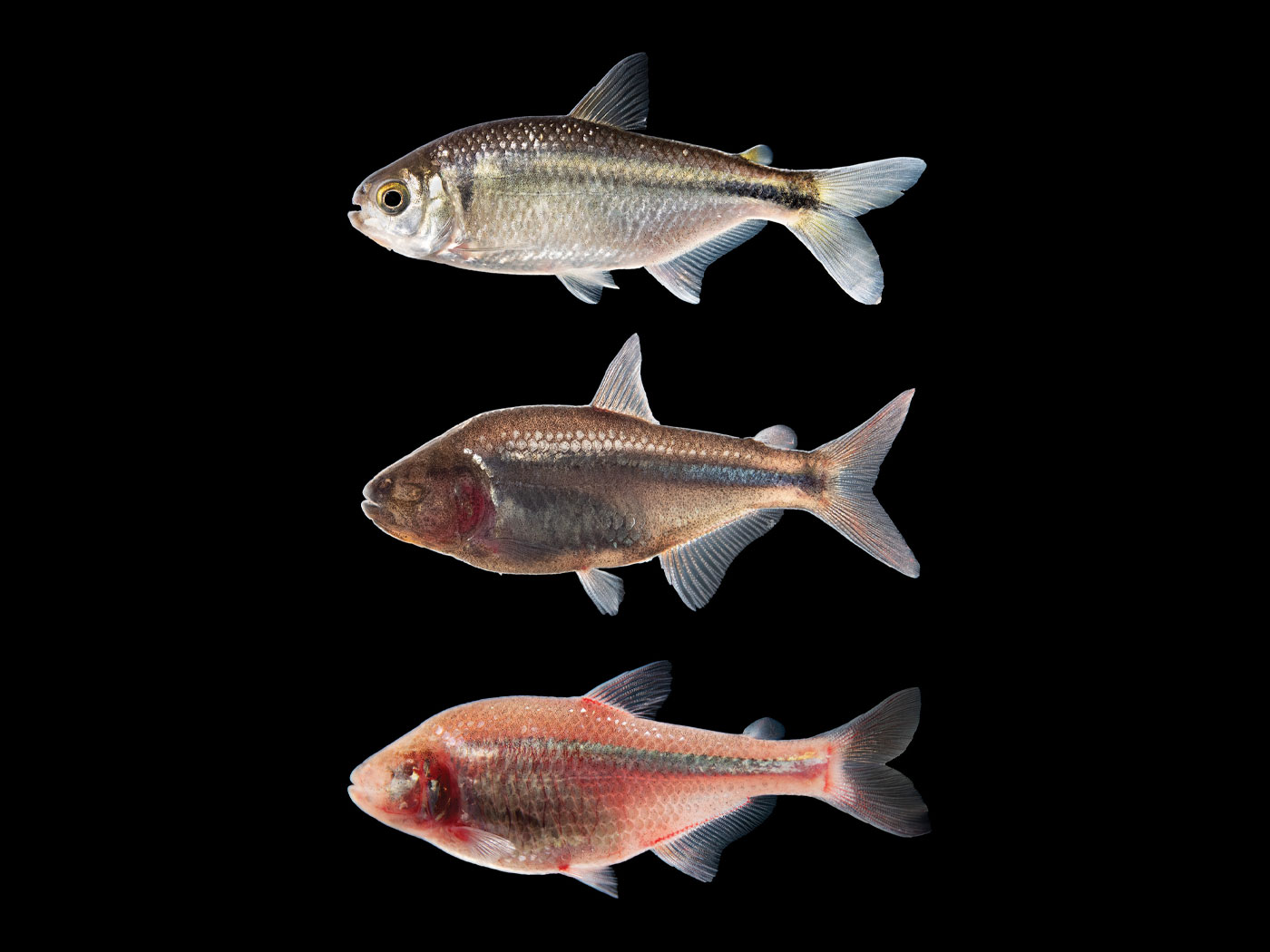Shuffling genetic information has long been framed as a biological mechanism that can generate variety as well as fuel evolution. However, new details of a common cellular genetic shuffling process called “crossing over” reveal a tightly controlled system that operates under strict parameters and requires highly specified cellular machinery. It is as if each generation was programmed to have variation, and that variation had strict limitations—limitations that would preclude Darwinian evolution.
When egg or sperm cells are produced, their chromosomes go through crossing over. Chromosomes are linear strands of DNA that have been tightly packaged for cell division. In crossing over, a piece of one chromosome is traded for a piece on an adjacent chromosome. This effectively shuffles genetic information for the next generation, like swapping out certain discrete chapters within a set of encyclopedias prior to reprinting it.
In discussing the phenomenon of crossing over, one college biology textbook stated:
Paradoxically, the evolutionary process is thus both revolutionary and conservative. It is revolutionary in that the pace of evolutionary change is quickened by genetic recombination, much of which results from sexual reproduction [crossing over]. It is conservative in that change is not always favored by selection, which may instead preserve existing combinations of genes.1
The author, George Johnson, also illustrated selection: “Thoroughbred racehorses are all descendants of a small initial number of individuals, and selection for speed has accomplished all it can with this limited amount of genetic variability—the winning times in major races ceased to improve decades ago.”1
Johnson seems to have misidentified a “paradox” for what is actually a contradiction. On the one hand, variations that come from crossing over are selected from a population, and this is said to bring about largescale evolutionary change. But on the other hand, what is actually observed is no new information at all. Realistically, if horse legs exist at all, they existed from the very beginning.
New insights into the nature of crossing over reveal that precisely specified proteins called “condensins” are deployed at just the right times and in the right amounts to help regulate crossing over. A recent study in the journal Cell concluded that crossing over “is tightly regulated.” The study authors stated that “recombination facilitates evolution.” But their actual research showed that biology works against big-picture evolution. “Crossover spacing is nonrandom…crossovers occur preferentially, and are controlled on a chromosome-wide basis…by a condensin complex.”2
If crossing over actually helped largescale evolution, then more than a mere re-shuffle of pre-existing information , according to a tightly regulated system, would be observed. Rather, some natural process should be evident that adds new information to genomes.3 Shuffling of already existing genetic information through crossing over does not provide new information. And if selection merely preserves the pre-existing information, then what do either of these processes have to do with Darwinian evolution, which needs brand new advantageous information to select?
What this science shows is exactly what one would expect if creatures were engineered by a Creator, rather than being evolutionary products of the natural universe. Both well-organized regulation and well-designed molecular machinery are used in crossing over, demonstrating the Creator’s genius. Variation is also observed occurring through crossing over within prescribed limits in created kinds, and this shows the Creator’s benevolence. He outfitted His creatures with the potential to adapt and survive in various circumstances—circumstances that, being all-knowing, He foresaw.
References
- Johnson, G. B. 2003. The Living World, Third Ed. Boston, MA: McGraw Hill, 156.
- Mets, D. G. and B. J. Meyer. 2009. Condensins Regulate Meiotic DNA Break Distribution, thus Crossover Frequency, by Controlling Chromosome Structure. Cell. 139 (1): 73-86.
- Actually, the problem is more complicated. Each creature contains specific informational structures beyond the genome, in the epigenome, the proteome, and the metabolome, for example. Each of these would have to evolve in lock-step with an evolving genome, yet no realistic mechanism for their evolution de novo has even been proposed.
* Mr. Thomas is Science Writer at the Institute for Creation Research.
Article posted on October 26, 2009.







